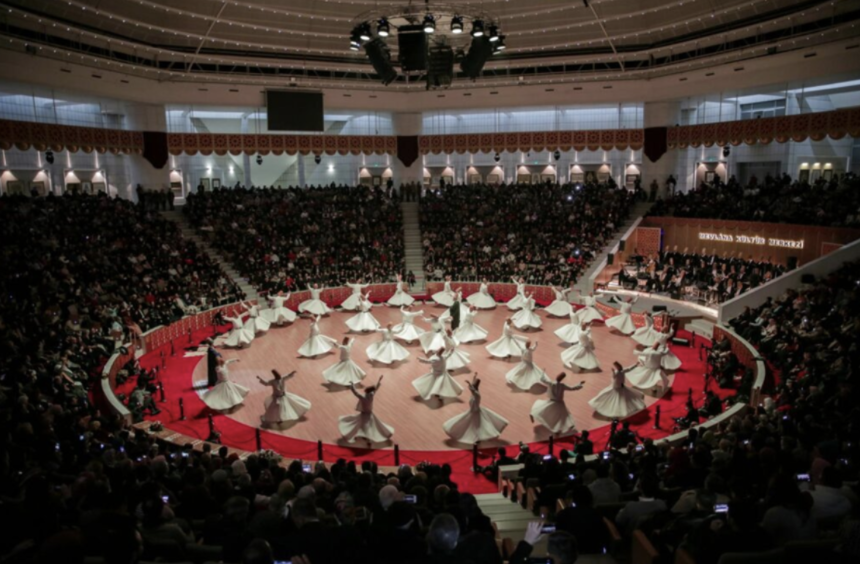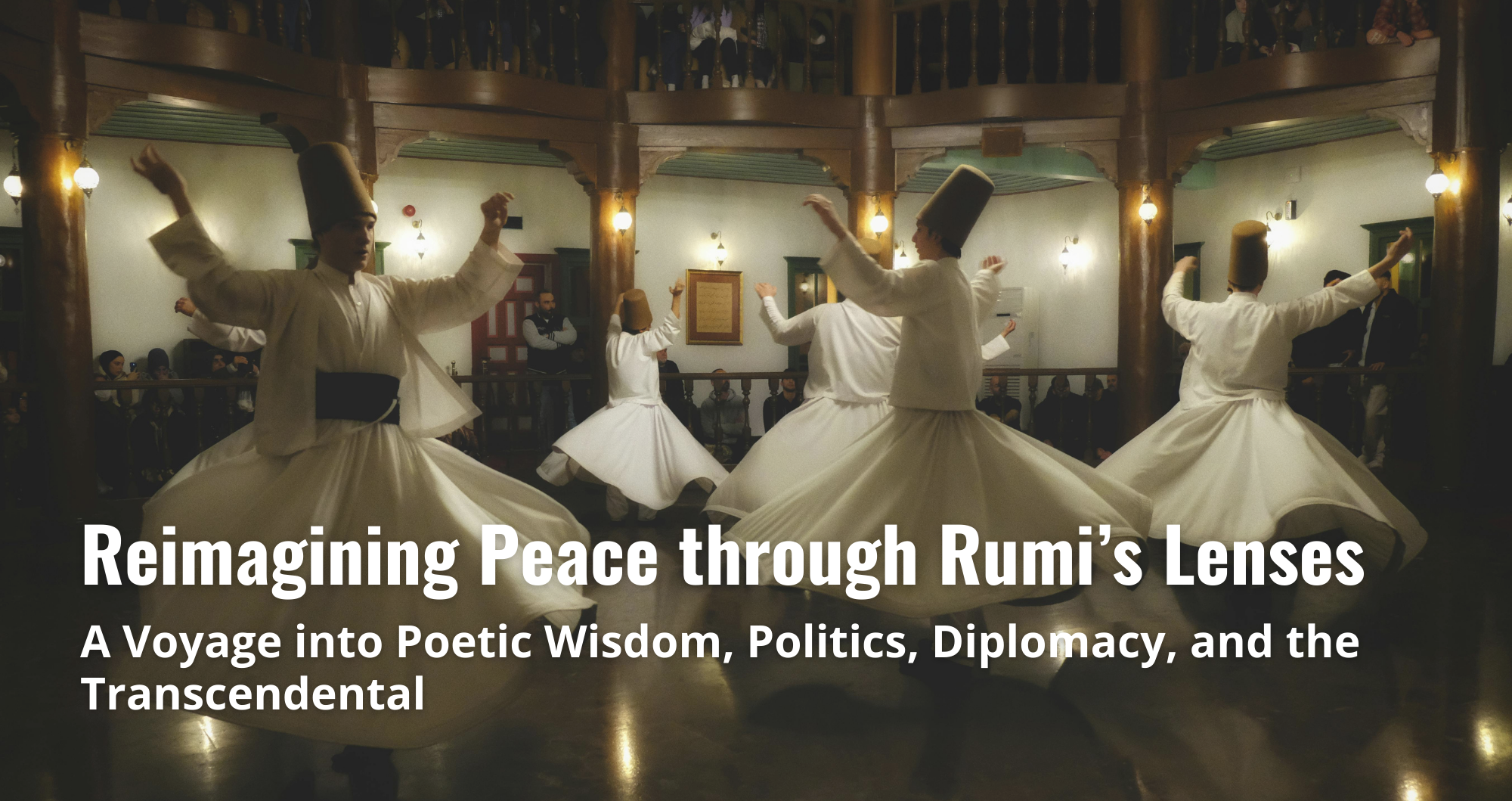
Written by Fran Farazdaghi and Kaleem Hussain
Poetic Vision as Peace Praxis
Jalal al-Din Rumi, the 13th-century Persian poet, jurist, and mystic, is celebrated globally for his lyrical mastery, ecstatic spirituality, and the whirling dervishes of the Mevlevi tradition. Yet his insights extend beyond personal transformation into the realm of public ethics and collective healing. This article reimagines Rumi's poetic and spiritual teachings as a comprehensive framework for peacebuilding that transcends binaries, sacred and secular, spiritual and political, personal and collective.
We propose a six-strand framework, Poetic Peace, Poetic Politics, Poetic Wisdom, Poetic Diplomacy, Poetic Circle, and Poetic Embodied Dialogue, inspired by Rumi’s teachings, insights, and poetic imagination. This interpretive framework invites integrative thinking, where ethical leadership, relational diplomacy, and political imagination are guided by spiritual literacy and poetic intuition. It is a vision that seeks a "peace equilibrium" grounded in both transcendental insight and embodied practice.
Some of the most pertinent questions of our contemporary age are explored through this Rumi-inspired lens: What if peace is not just a treaty or ceasefire, but a way of being? What if diplomacy were not only strategic negotiation, but a dance of empathy and sacred listening? What if politics were rooted not in power over, but in presence with? Can there be a "Peace Equilibrium" through Rumi’s lens as a universal direction of travel? What is the symbolic significance of the whirling dervishes as a model for the diplomatic process?
Through this lens, Rumi's teachings offer an alternative trajectory, away from adversarial models and toward practices of recognition, harmony, and interior transformation.
Whirling Dervishes Sema Ceremony, Konya, Türkiye
Poetic Peace: Interior Awareness as the Ground of Outer Harmony
Rumi begins with the inner life. Peace is not the absence of violence but the presence of coherence:
“Why do you stay in prison, when the door is so wide open?”
Peace emerges from a conscious state of attunement to what is sacred within. As such, external peacebuilding is unsustainable without an internal anchoring. In another poetic moment, Rumi writes:
“What was said to the rose that made it open / was said to me here in my chest.”
This metaphor reflects a shared sacred intelligence within all beings, erasing hierarchy and affirming human dignity as the foundation of peace.
Poetic Politics: Leadership Rooted in Moral Presence
Rumi’s wisdom challenges conventional hierarchies of political power. His teachings suggest that true leadership is not about dominance but moral clarity:
“You were born with wings, why prefer to crawl through life?”
“You are not a drop in the ocean. You are the entire ocean in a drop.”
Here, politics becomes the art of co-creating collective dignity. Rumi frames leadership as the ability to act from the light within:
“The intelligent man is he who hath the lamp: he is the guide and leader of the caravan.” “The leader is the one who goes after his own light: the selfless traveller is the follower of himself.”
This alternative vision emphasizes service, illumination, and responsibility over command.
The Diplomatic Dance: From Hierarchy to Harmony
Traditional mystics are often portrayed as avoiding politics. Rumi, however, offers a nuanced alternative: engagement through sincerity and humility.
“Renounce power and adopt piteous supplication: the Divine mercy comes from piteous supplication, O dervish.”
True diplomacy, he suggests, requires inner refinement. In the symbolic "diplomatic dance," modelled on the whirling dervishes, we find a process of negotiation grounded in shared rhythm and humility. With one hand turned to the heavens and the other to the earth, the whirling dervish becomes a bridge, a visual metaphor for relational diplomacy.
This section also draws on Track II diplomacy, or informal dialogue, as a symbolic parallel to the dervish's inner dance, preceding Track I diplomacy, the formal peace process. The whirling dervishes create a circle of remembrance, a "Peace Circle," pulling diverse individuals into dialogue, healing, and convergence; a powerful magnetic pull is attracting individuals (Jazb) for parties of all persuasions to come into this “peace circle” through a process of dialogue, mediation, and arbitration to dance, sing, and hum to the same tune, reaching a state of unity, transcendence, and greater harmony.
Rumi affirms:
“Do not weave plots in vain imagination and cunning... Rush into the fire like a moth: do not hoard up that (service), play for love.”
This ethic of sincerity is critical. Without inner clarity, diplomacy becomes performance. With it, diplomacy becomes a choreography of justice and restoration.
Poetic Wisdom: Beyond Rationality
Rumi invites us to expand our understanding beyond linear logic:
“This being human is a guest house. / Every morning a new arrival... / Be grateful for whoever comes, / because each has been sent / as a guide from beyond.”
This teaching offers an epistemology of hospitality, welcoming all experiences, even painful ones, as teachers. In peacebuilding, such inner openness cultivates the empathy needed to hold complexity and embrace transformation.
Poetic Diplomacy: Building Bridges of Mutual Recognition
Rumi speaks directly to polarized societies:
“Out beyond ideas of disbelief and faith, there is a field. I’ll meet you there.”
In this transcendent space, diplomacy becomes an act of deep encounter. We imagine negotiations that include silence, shared prayer, or spiritual reflection—tools that dignify all participants and honor the sacredness of the process.
Rumi's poetic diplomacy is relational, ethical, and restorative. It trains not just skilled negotiators, but compassionate listeners. This is diplomacy, not of leverage, but of recognition.
Poetic Embodied Dialogue: The Whirling Dervish as Mediator
The dervish’s movement is not theatrical; it is spiritual pedagogy. With one hand turned upward and one downward, the body becomes a vessel of divine mediation. In dialogue, such embodied metaphors matter. They remind us:
To receive without ego
To offer without demand
To remain centred while turning
This movement becomes a living guide for transformative negotiation: circular, inclusive, and deeply human.
Toward a New Peace Paradigm
Inspired by the wisdom of Rumi, we are invited to cultivate a new lens for peacebuilding—one that honors the convergence of heart, rhythm, and voice. The Poetic Circle is the culmination of these strands. It refers to the collective act of remembrance during the Sema Ceremony, where dervishes chant, turn, and recite Rumi's verses. This sacred space is not only spiritual but political in the sense that it invites people of all persuasions into a shared ritual of unity and mindfulness.
It models an inclusive circle where poetic wisdom, embodiment, and diplomacy meet, forming the ritual ground for healing. The whirling, the music, and the collective silence form an arc of restorative practice.
Rather than offer an escape from politics, this poetic-spiritual framework offers a transformation of it. It guides us to:
Move from ego to sincerity
From transactional exchange to sacred encounter
From strategic silence to attentive listening
“Don’t say ‘everyone is at war, what difference can my peace make?’ / You are not one—you are a thousand. Light your own lamp.”
This is not utopianism. It is a call to moral re-imagination of peacebuilding. Individual transformation, as Rumi teaches, is the seed of collective peace. Through the poetic lens, peace is not just policy; it is praxis, presence, and a return to the sacred core of our shared humanity.
Fran Farazdaghi. Professor of Global and Peace Studies at Golden West College, Co-Founder & Advisor of Peace Leadership Collaborative.
Kaleem Hussain. Founder of Guidance Consultancy, Peace Leadership Collaborative Advisor, Euphrates Peace Practice Alliance Alumnus.
Works Cited
Chittick, William C. The Sufi Path of Love: The Spiritual Teachings of Rumi. SUNY Press, 1983.
Lewis, Franklin D. Rumi: Past and Present, East and West. Oneworld Publications, 2000.
Nicholson, A. J. The Mathnavi of Jalaluddin Rumi, Vols. I-III. Kazi Publications, 1925.
Rūmī, Jalāl al-Dīn. The Masnavi, Book Six. Translated by Reynold A. Nicholson, Oxford University Press, 2004.
Safi, Omid. Radical Love: Teachings from the Islamic Mystical Tradition. Yale University Press, 2019.
Schimmel, Annemarie. The Triumphal Sun: A Study of the Works of Jalaluddin Rumi. SUNY Press, 1993.
Videos & Multimedia Suggestions
“Find Inner Peace with Rumi: 30 Minutes Profound Sufi” — A guided audio-visual meditation using Rumi’s poetry. YouTube
The Divine Wisdom of Rumi” — A visual-audio interpretation of Rumi’s verses set to music and imagery. YouTube
Whirling Dervishes Samaa Ceremony Picture Reference: Whirling Dervishes Ceremony 2023 2024 - Konya - Istanbul
Whirling Dervishes Sama’a Festival Ceremony, Konya, Turkey, 2015. Whirling Dervish Sema @ Melvana Rumi Festival Konya (HD full session) - December 2015
Issue 03 | Reimagining a New Generation of Peace
-

No Planet, No Peace: Reimagining Peacebuilding through Planetary Stewardship
-
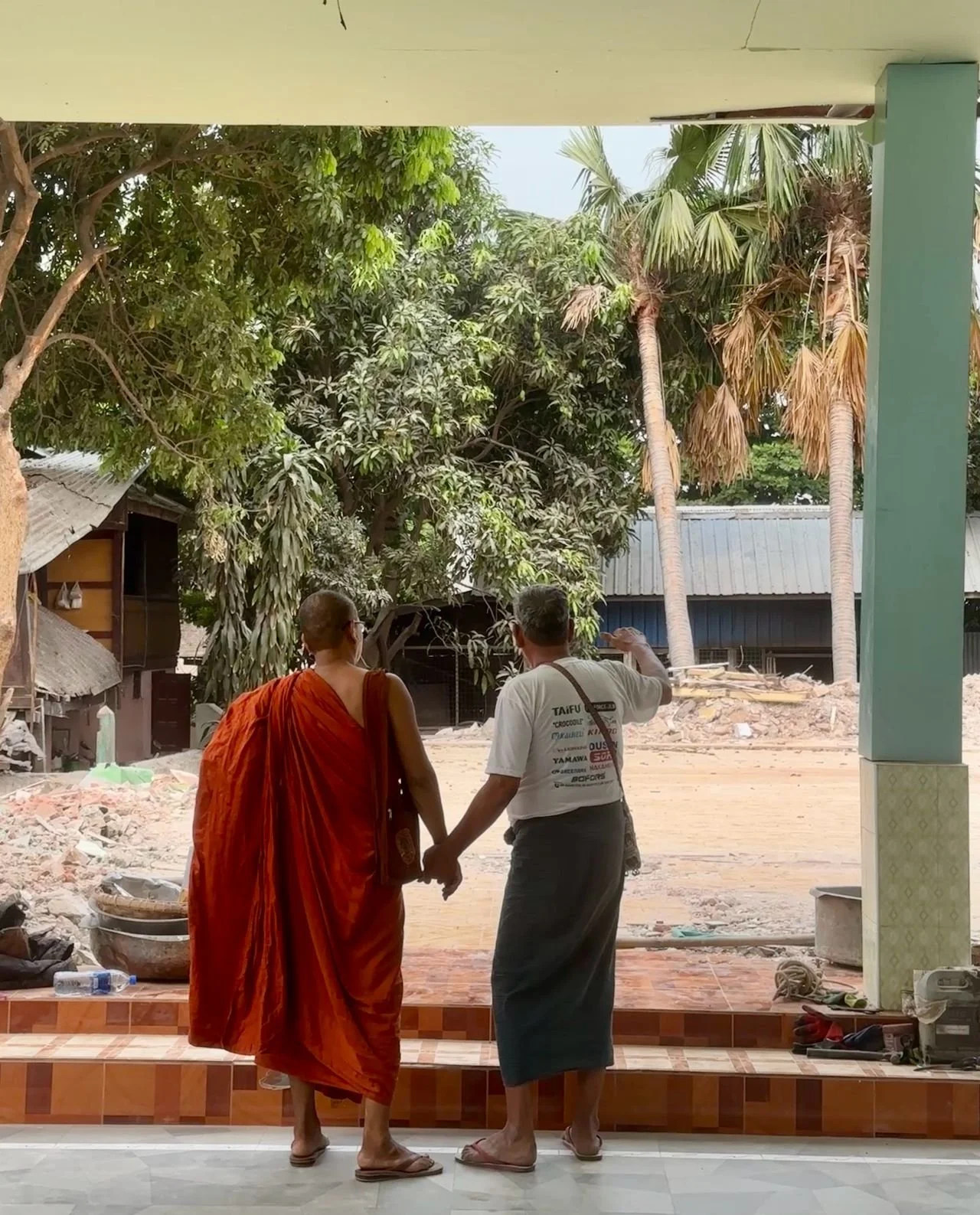
When the Earth Shook, Faith Held Us Together
-
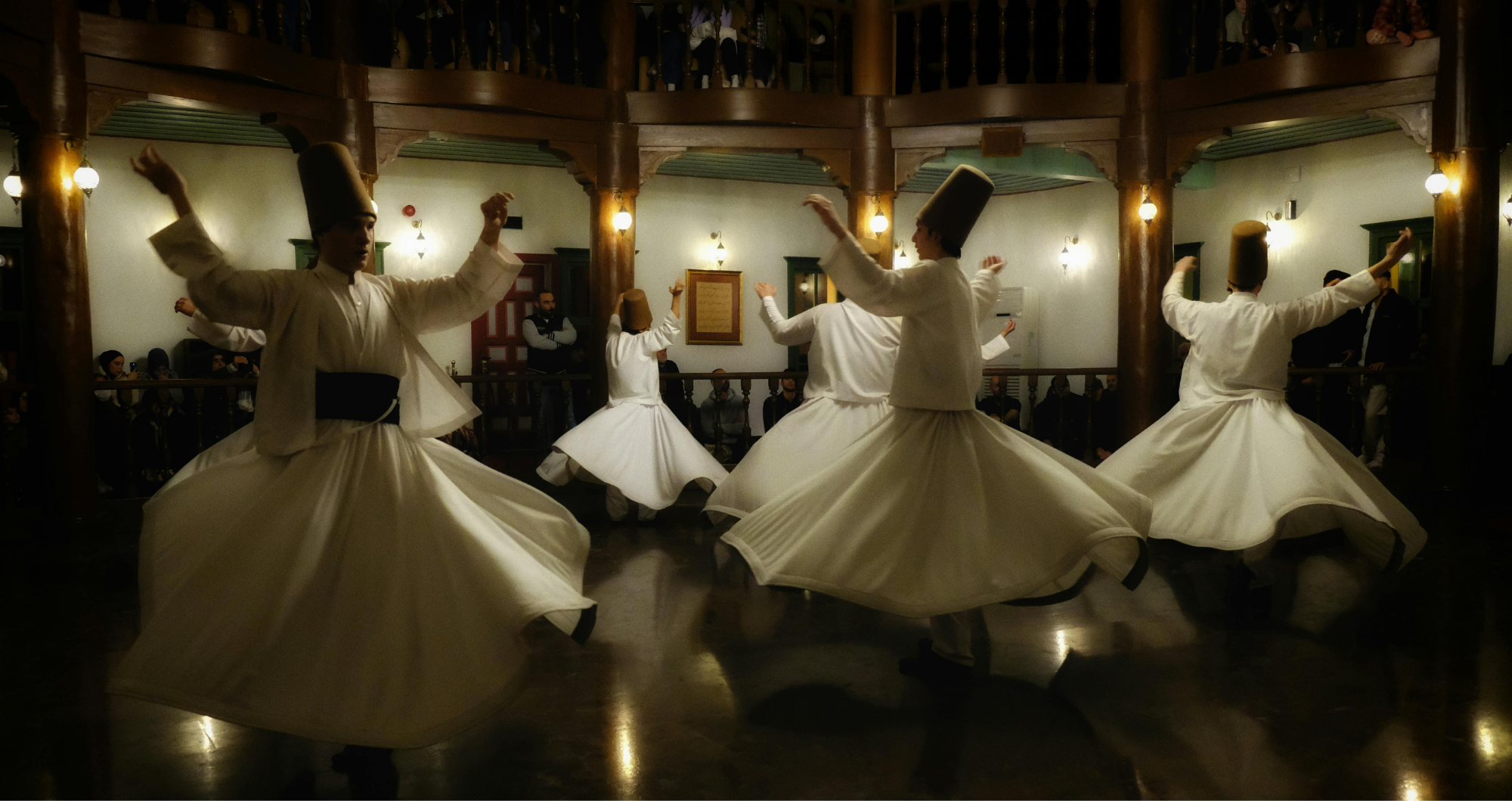
Reimagining Peace through Rumi’s Lenses: A Voyage into Poetic Wisdom, Politics, Diplomacy, and the Transcendental
-

An Alternative Peacebuilding Vision in a Post-Liberal Era
-

Sing My Soul
-

Reimagining a New Generation of Peace with Servant Leadership and Nonviolent Communication
-

Threading the Future: Mentoring the Next Generation of Peacebuilders
-

If We Can Teach AI to Practise Empathy: Nonflict and a Generation of Peacemakers
-

Peace Leader Spotlight | From Grandmother’s Legacy to Global Peacebuilding: Issah Toha Shamsoo
-

Young Leaders for Peace: Meeting the Moment through Youth Peace Leadership Development at the University for Peace
-
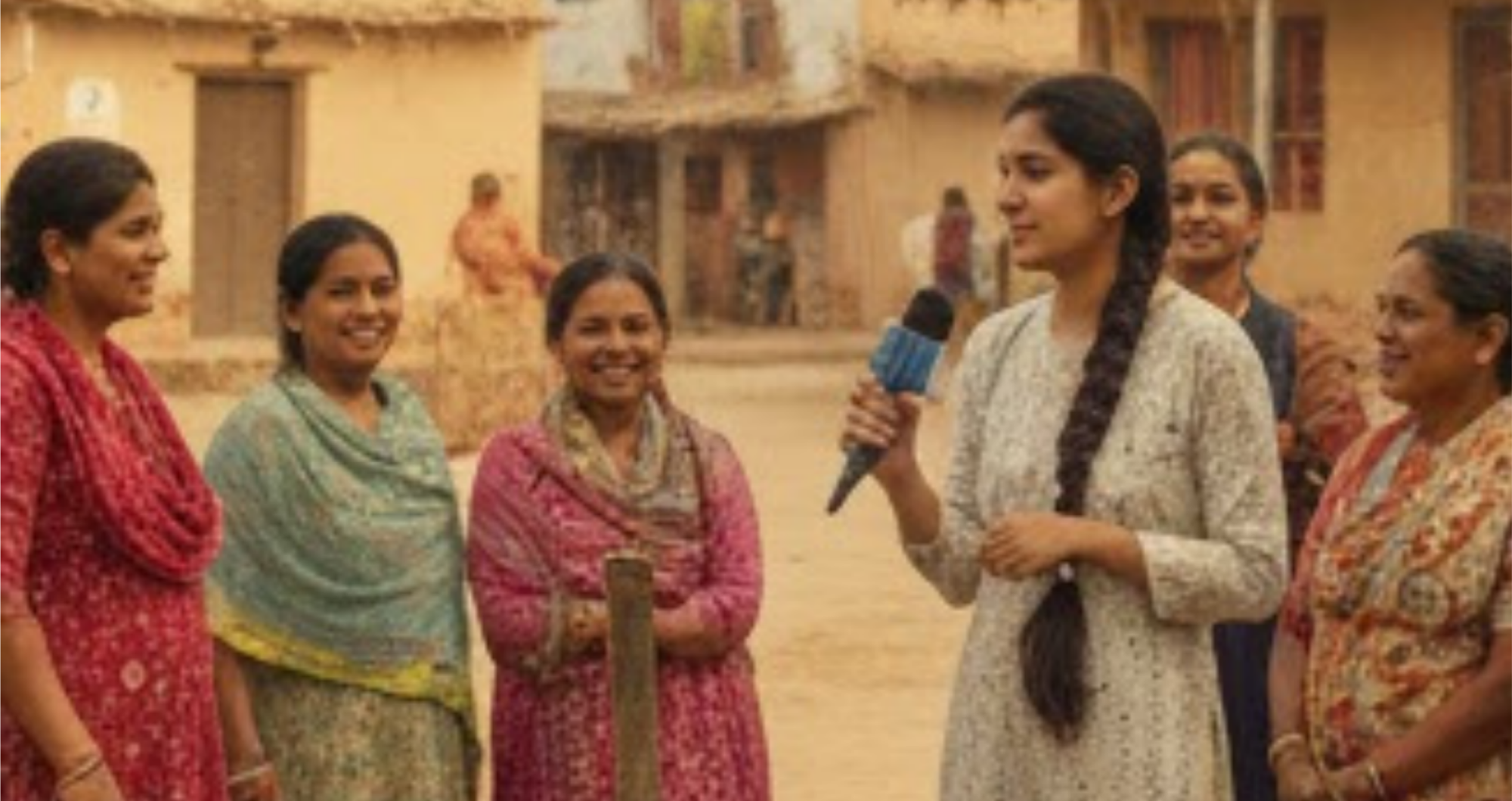
Reimagining Peace Through Young Voices in India: Spotlight on Women Journalists and Their Stories
-

Peace Dwelling and Belonging: Stan Amaladas on rethinking what it means to live well with each other
-

Pockets and Peace Design: A collaborative design framework to advance health equity and build peace
-

From Shrinking Spaces to Shared Strategies: Insights from Central Asia on how to build collective action for conflict prevention and peacebuilding
-

From War Memories to Peace Encounters: Constructive Usage of Veteran Experience
-

Call for Submissions | Issue 04


